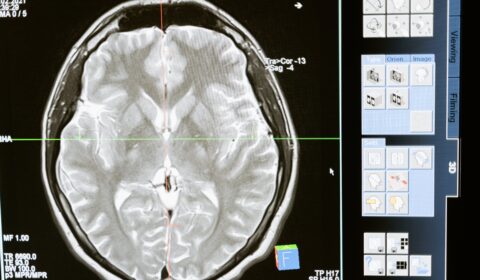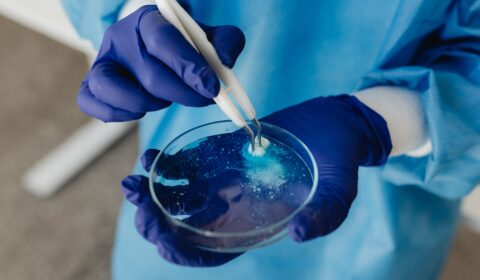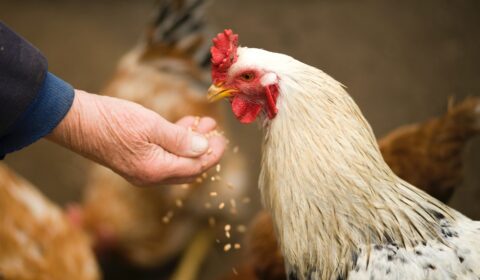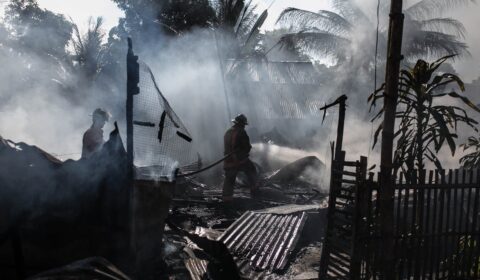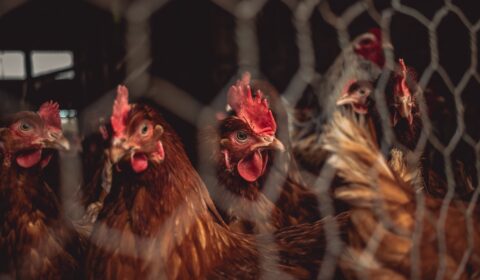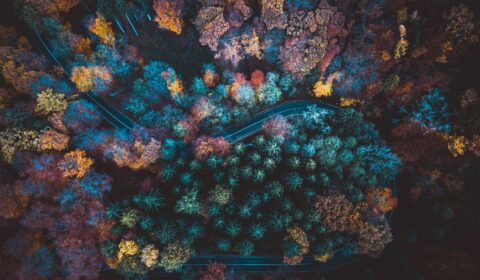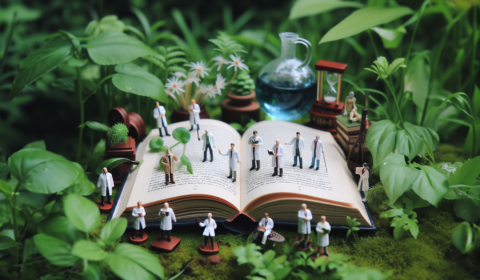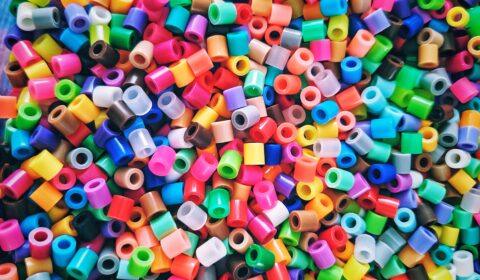Latest Stories from Sofia
Disrupted sleep linked to cognitive decline in later life
According to a new study, young people with poor sleep quality are more than twice as likely to have memory and thinking issues when they get older. Though sleep is known to play an important role in the health of our brains and numerous studies have associated the lack of it with a higher risk of developing dementia, most research to date has focused on the impacts of this in...
AI discovers the first new antibiotic in over 60 years
A deep-learning algorithm has helped scientists identify new compounds that are effective against antibiotic-resistant bacteria – a public health threat that causes thousands of deaths annually. With doctors concerned that antibiotics have become increasingly ineffective since Fleming first purified penicillin in 1928, the recent discovery of a compound which can kill the drug-resistant bacteria that’s responsible for thousands of deaths worldwide every year is a welcome...
Chicken clucks allow us to identify their emotional state
Scientists have uncovered that a person can identify with 69 per cent accuracy if a call is from a happy or frustrated bird, which could help breeders improve the welfare of their flocks. According to a new study, people can tell if chickens are happy or frustrated from audio cues. It found that humans are surprisingly good at discerning the bird’s calls, able to identify with 69...
Search engines are amplifying misinformation
A study published in Nature last week has uncovered that using online search engines to vet conspiracies can actually compound the probability that someone will believe it. In November, UNESCO’s Director-General Audrey Azoulay sounded the alarm on the intensification of misinformation and hate speech online, which she said poses ‘major risks to social cohesion, peace, and stability.’ Her warning came on the back of a UNESCO-commissioned
2023 exposed a ‘global postcode lottery stacked against the poor’
An analysis of this year’s top 20 costliest extreme natural disasters has revealed that countries less able to rebuild or which have contributed least to the climate crisis suffer the worst. According to Christian Aid, there exists a ‘global postcode lottery stacked against the poor.’ This refers to the price that people pay for climate change-induced natural disasters, which varies dramatically across countries. By looking at 20 extreme weather events from the...
UN says a ‘demitarian’ diet is better for the planet than veganism
In a recent study, researchers found that halving meat and dairy consumption could have a greater impact on cutting nitrogen pollution than foregoing animal products altogether. Last year, it was revealed that the agriculture industry is responsible for about a quarter of our total greenhouse gas emissions, the main contributor being livestock and fisheries. Yet although the drastic environmental impact of meat and dairy production has been at the forefront of...
Startup Sulapac develops microplastic-free packaging materials
Seeking to reduce our dependence on oil-based plastics, Sulapac is making bio-based packaging components using recycled and ‘side-streamed’ materials. It’s hoped to boost fashion’s circular economy. Anyone who is even slightly into skincare will be well aware that the environmental cost of beauty cosmetics is huge. Our buy, use, and bin approach to fad products and fleeting trends is a significant sustainability issue. Pumps, sprays, tamper seals, and everything else in...
COP28 moves to protect the natural world: historic or not enough?
While conservation groups have praised the inclusion of biodiversity and a 2030 global deforestation goal in the UAE consensus that emerged from this year’s summit, concerns remain. Last December, delegates from almost 200 nations at the ‘last chance’ COP15 conference in Montreal reached a ‘historic’ deal to halt biodiversity loss. Pledging that at least 30% of the world’s land, inland waters, coastal areas, and oceans would come under conservation by 2030,...
Our playbook guide to deceptive fossil fuel practices: part five
When it comes to the insidious techniques that the industry is using to greenwash its image, undermine climate negotiations, and delay progress, there are many. Here, we break down crisis actors and fake experts. If you’ve been following this series over the last fortnight, you’ll likely have noticed a pattern. The fossil fuel industry is relentless in upholding its big business agenda, even as the climate crisis worsens. Considering both COP28...
What are nanoplastics and why have scientists sounded the alarm?
A potentially much more nefarious and less understood threat than microplastics has health experts concerned after scientists uncovered a link between tiny particles of polyester and changes in brain proteins associated with Parkinson’s disease and certain types of dementia. Just when you thought our plastic pollution problem couldn’t get any worse, scientists have uncovered evidence that nanoplastics – which are tiny but ubiquitous particles of polyester – may potentially be...









